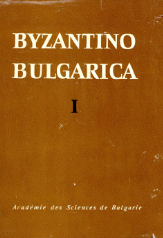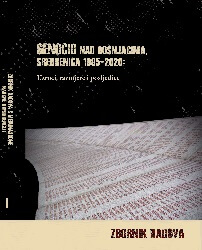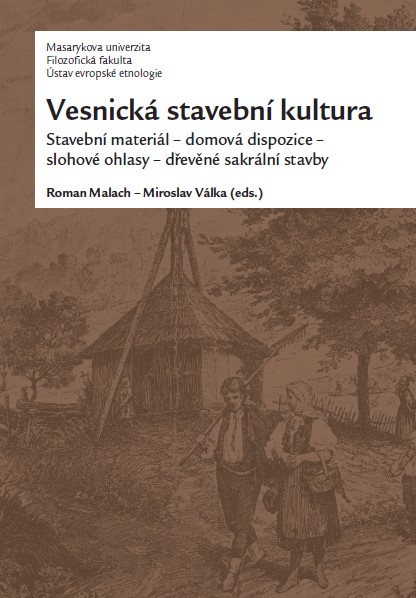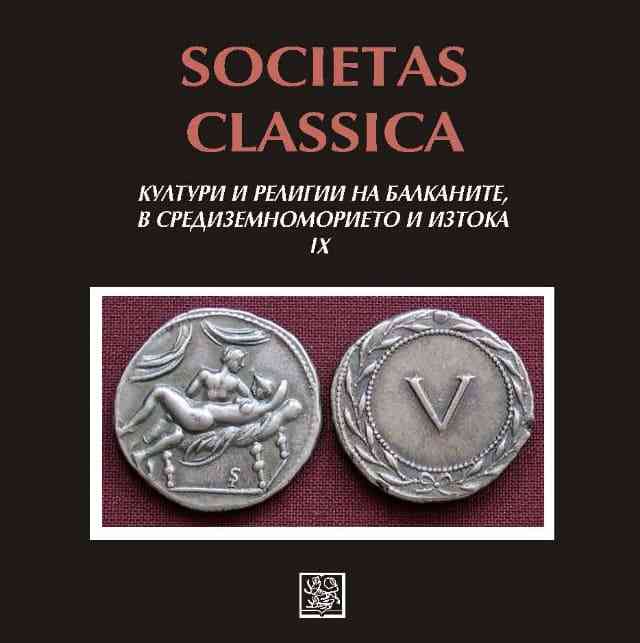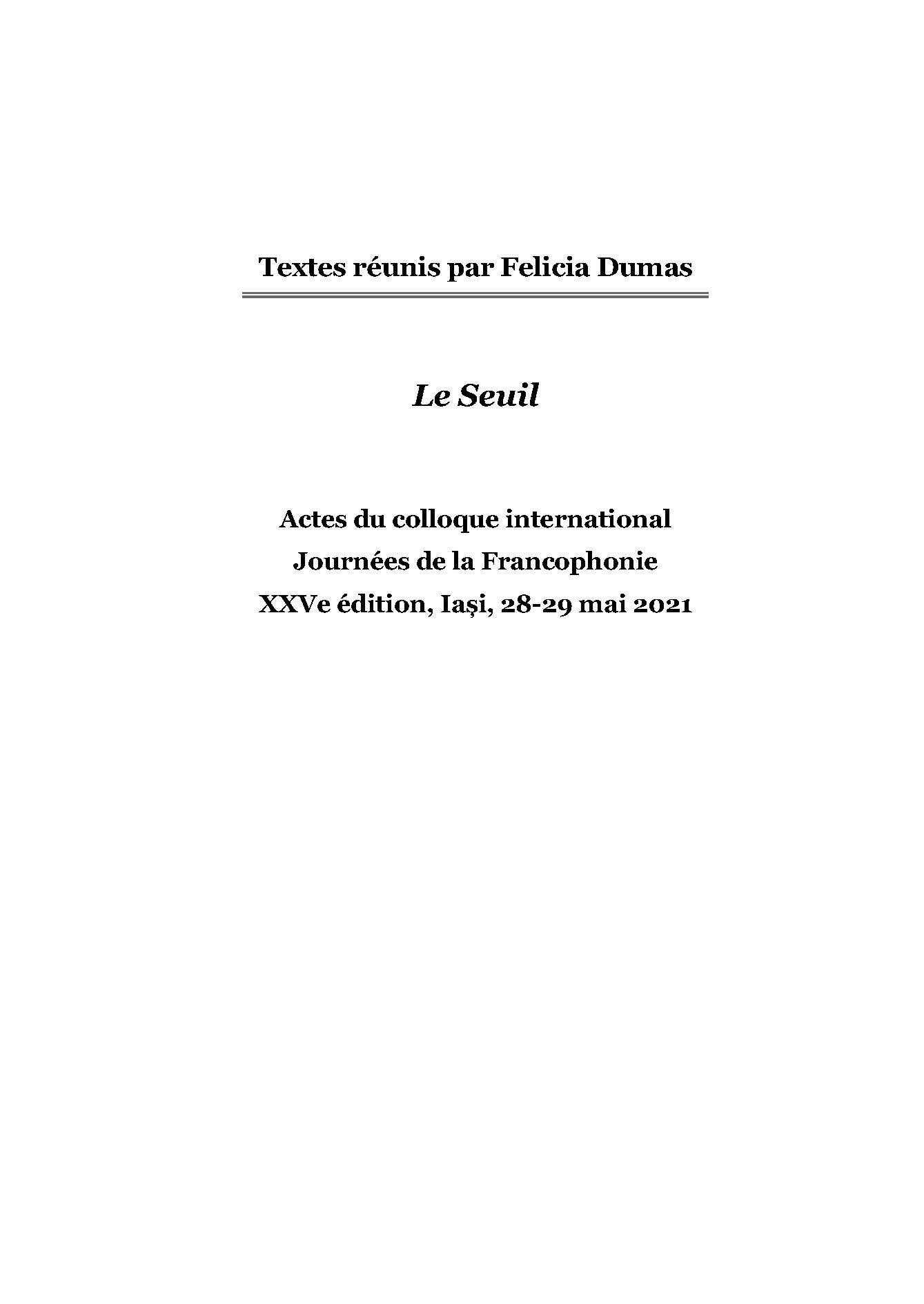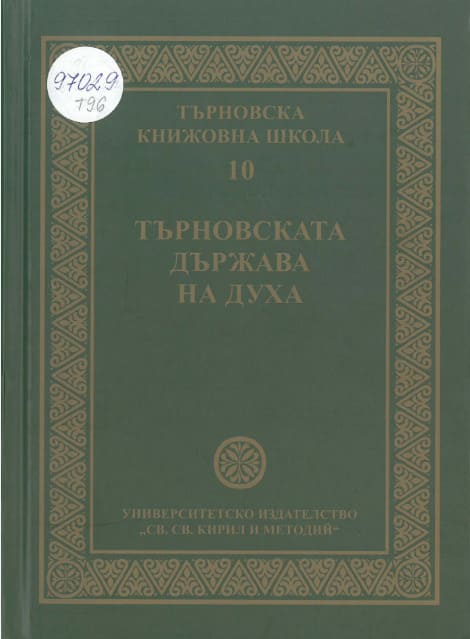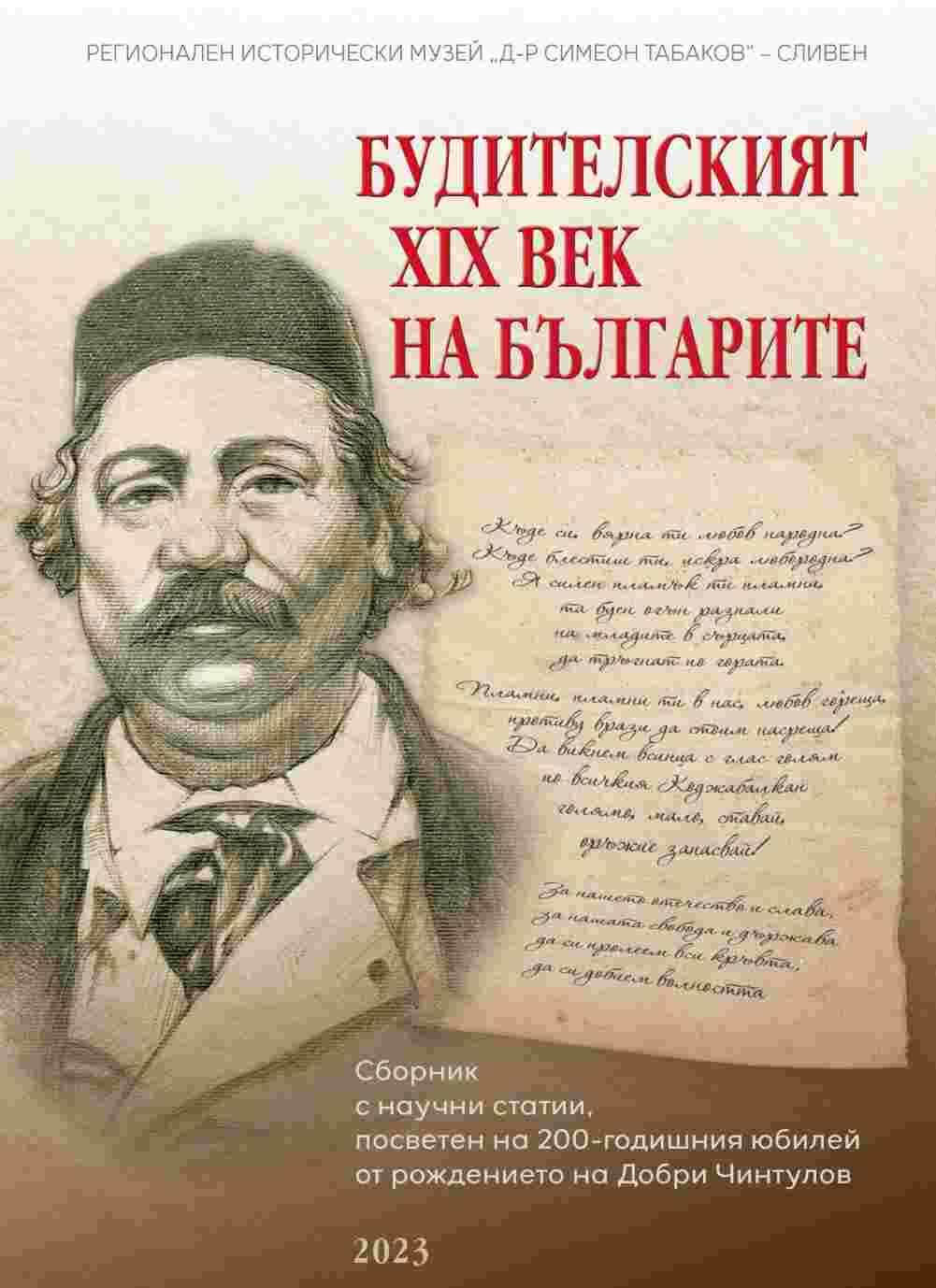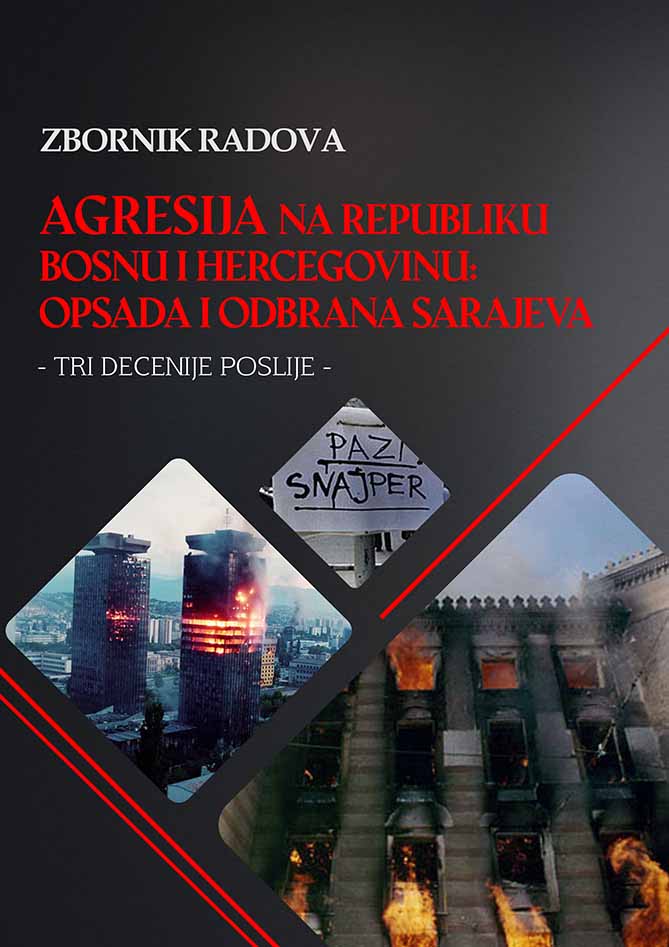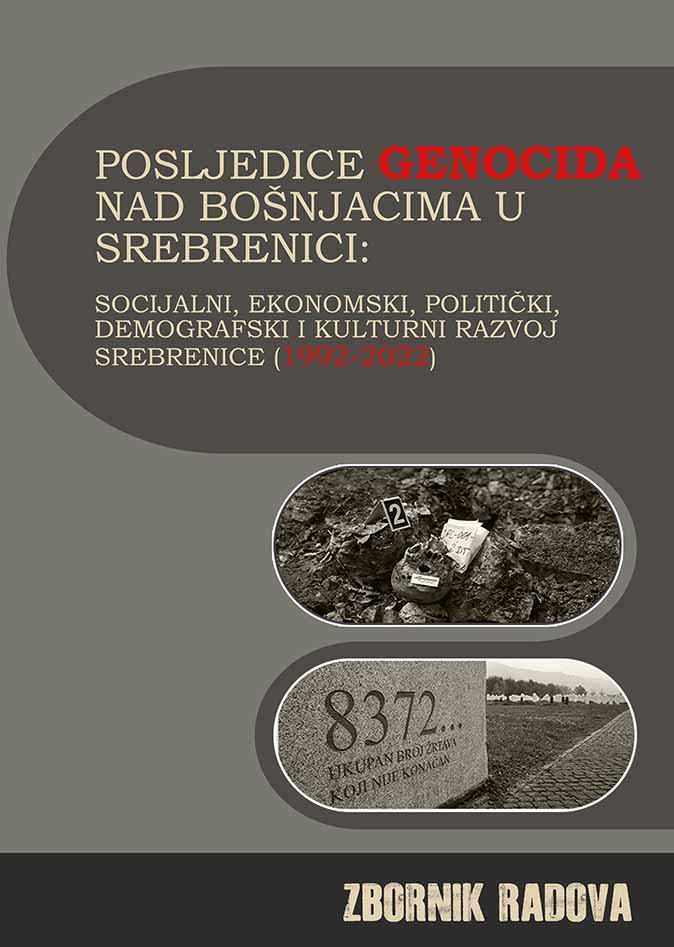Author(s): Nedžad Ajnadžić / Language(s): Bosnian
Publication Year: 0
The defence of Bosnia and Herzegovina, including the defence of Sarajevo, was based on political and patriotic awareness of its citizens, who were genuinely committed to preservation of Bosnia and Herzegovina specific political and statehood being, as a community of equal citizens and peoples. Based on assessment of a big relevance of Sarajevo for the survival of Bosnia and Herzegovina, the aggressor has thoroughly planned, prepared, and utilised large military forces to conquer the city and establish there its occupational authority. They wanted Sarajevo to be only a Serb capital of the so-called “Republic of Serb Bosnia and Herzegovina”. The combat activities carried out by the 1st Corps of the Army of the Republic of Bosnia and Herzegovina were organised in a very complex strategic, operational, and tactical conditions, under the conditions of besieged free territories in which the units and the commands of the Army of the Republic of Bosnia and Herzegovina operated, including the conditions of specific military siege of a major part of the 1st Corps in the city of Sarajevo. Strategic and operational-tactical positions of the aggressor’s forces were rather favourable for them, given that they controlled main roads that were connecting Bosnia and Herzegovina battlefield with the sources of mobilization into the aggressor’s army with soldiers and material means in the so called Federal Republic of Yugoslavia (Serbia and Montenegro), and the countries that supported aggressor. The extent of human losses, during and after every war, turned into a big political, historic, and moral and ethical issue. Pursuant to the character of response of the warring parties and their allies to the question of the extent of human losses, it is possible to identify the character of policy that served as a basis for war engagement and support to any of the warring parties. In general, the factors on the side of the warring party that waged the righteous war strive to present truthfully the number of victims, whereas the factors on the side of the warring party that waged unfair war strive to fake the number of victims and adapt it to the character of its unfair political views related to the causes and consequences of the war. Given the fact that the international community with its embargo harmed the Republic of Bosnia and Herzegovina defence forces, which operated on the grounds of fair policy and righteous war, we arrive at a conclusion that the embargo was unfair, in favour of unfair aggressor’s policy, criminal and genocidal war practice.
More...


